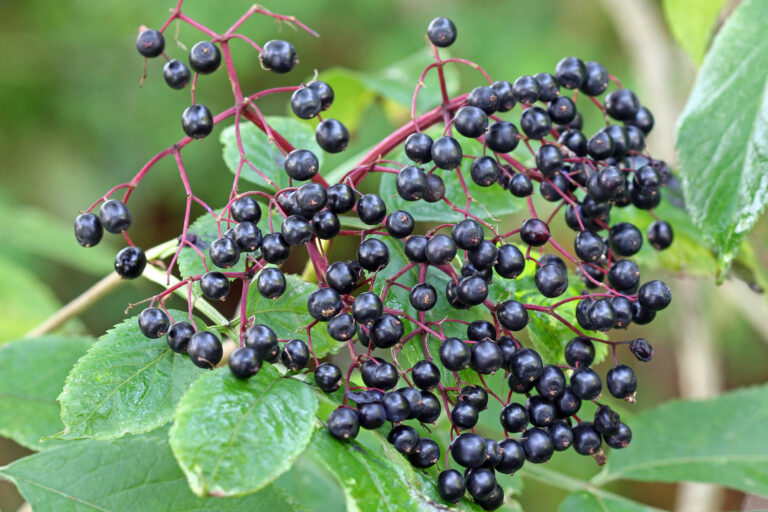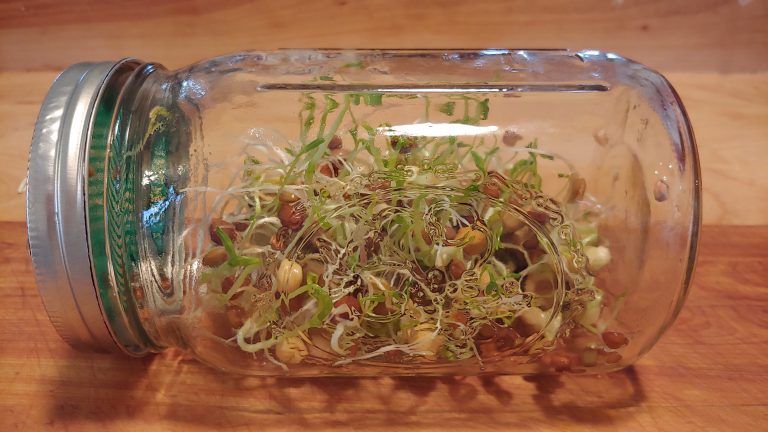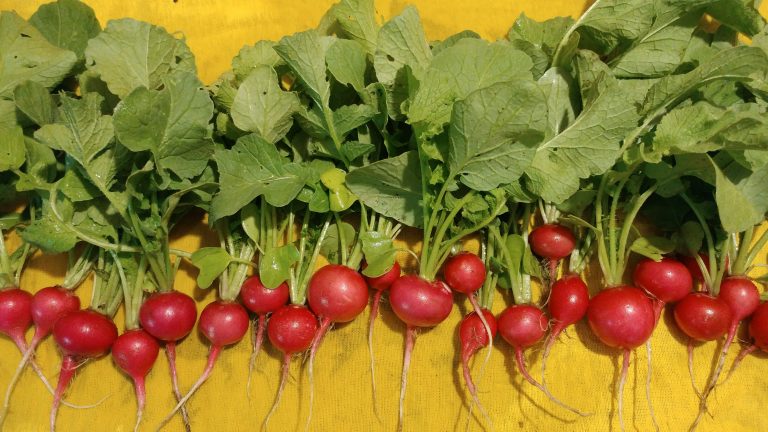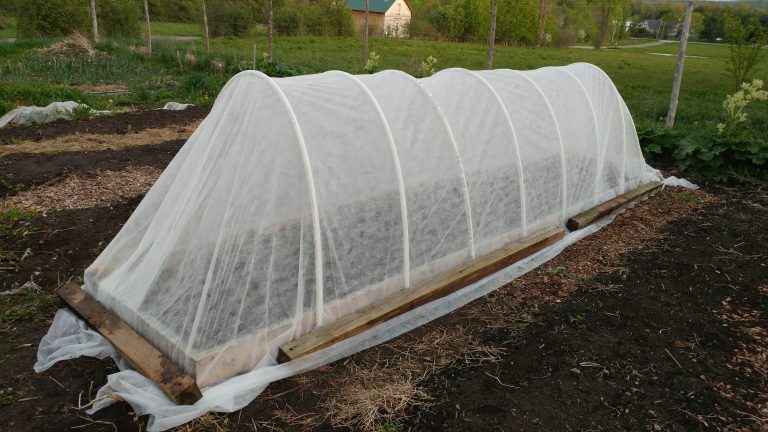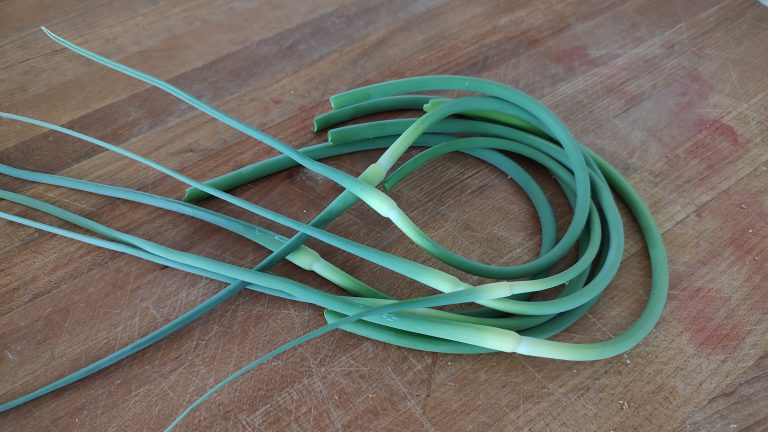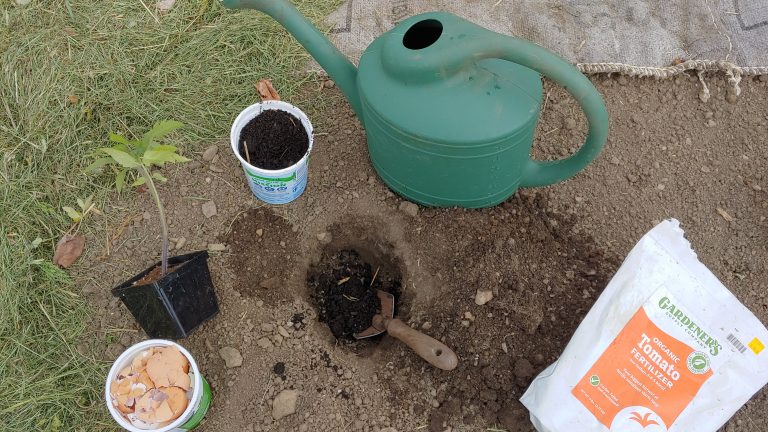This post may contain affiliate links.
To create a thriving vegetable garden, it’s important that your soil has enough nitrogen. Nitrogen is an essential nutrient for plant growth and development. Without it, many plants will not flourish. Increasing nitrogen levels in your garden can be especially helpful for certain plants.
What is Nitrogen?
Nitrogen is a key nutrient for plant growth. It is found in the atmosphere and is essential for forming chlorophyll, the molecule that helps plants convert sunlight into energy.
Nitrogen also develops other important plant molecules, including proteins and DNA.
Nitrogen is a major component of the soil. It is found in organic matter, such as dead leaves and twigs, and it is released into the soil when these materials decompose. Nitrogen is also present in some minerals, such as limestone.
Reasons Your Plant Needs Nitrogen
Nitrogen plays a vital role in plant growth and development. Here are a few reasons why your plant needs nitrogen:
- It is necessary to produce chlorophyll, which allows plants to convert sunlight into energy.
- Nitrogen aids in the creation of proteins in the plant. These are essential for cell growth and development.
- Nitrogen is necessary for the production of enzymes. Enzymes are responsible for many biochemical reactions in the plant, including the breakdown of nutrients and the synthesis of new compounds.
- Nitrogen levels in your soil can easily be depleted by run-off or heavy growing.
How to Increase Nitrogen in Soil Naturally
While increasing nitrogen levels in your soil using commercial fertilizer applications is possible, we prefer to address nitrogen deficiency naturally.
Here are the ways to increase the nitrogen in your garden naturally.
1. Add Organic Matter Like Compost
Compost, or composted manure, will release nitrogen into the soil as the materials decompose. A high-quality organic compost from a garden center is a good choice, or you can make your own compost throughout the year at home with food and yard scraps.
Compost should be added by spreading a layer on top of the soil and then tilling it in. You can also work it into the top few inches of the soil with a shovel or rake. Lastly, you can add it to the hole you dig when you plant vegetables or incorporate it into a sheet mulch garden bed when you create it.
2. Grow Nitrogen-Rich Cover Crops
You can also grow cover crops, such as alfalfa or clover, in your garden to increase nitrogen levels naturally. Cover crops are plants that are grown specifically to improve the quality of the soil. They are often used in agricultural fields but also home gardens.
After a cover crop has been allowed to grow for a few months, it is then chopped and turned into the soil, where it decomposes and releases nitrogen. This is a great choice between seasons.
3. Grow Nitrogen-Fixing Crops
Another way to increase nitrogen in your garden is to plant nitrogen-fixing plants that have a symbiotic relationship with bacteria in the soil. The bacteria live on the roots of the plants and convert nitrogen gas into a form of nitrogen that plants can use. Some examples of nitrogen-fixing plants include legumes, such as peas and beans.
You can use plant rotation in your garden and put these plants where nitrogen-depleting plants had been placed previously (this is why crop rotation is so important!).
4. Spread Grass Clippings
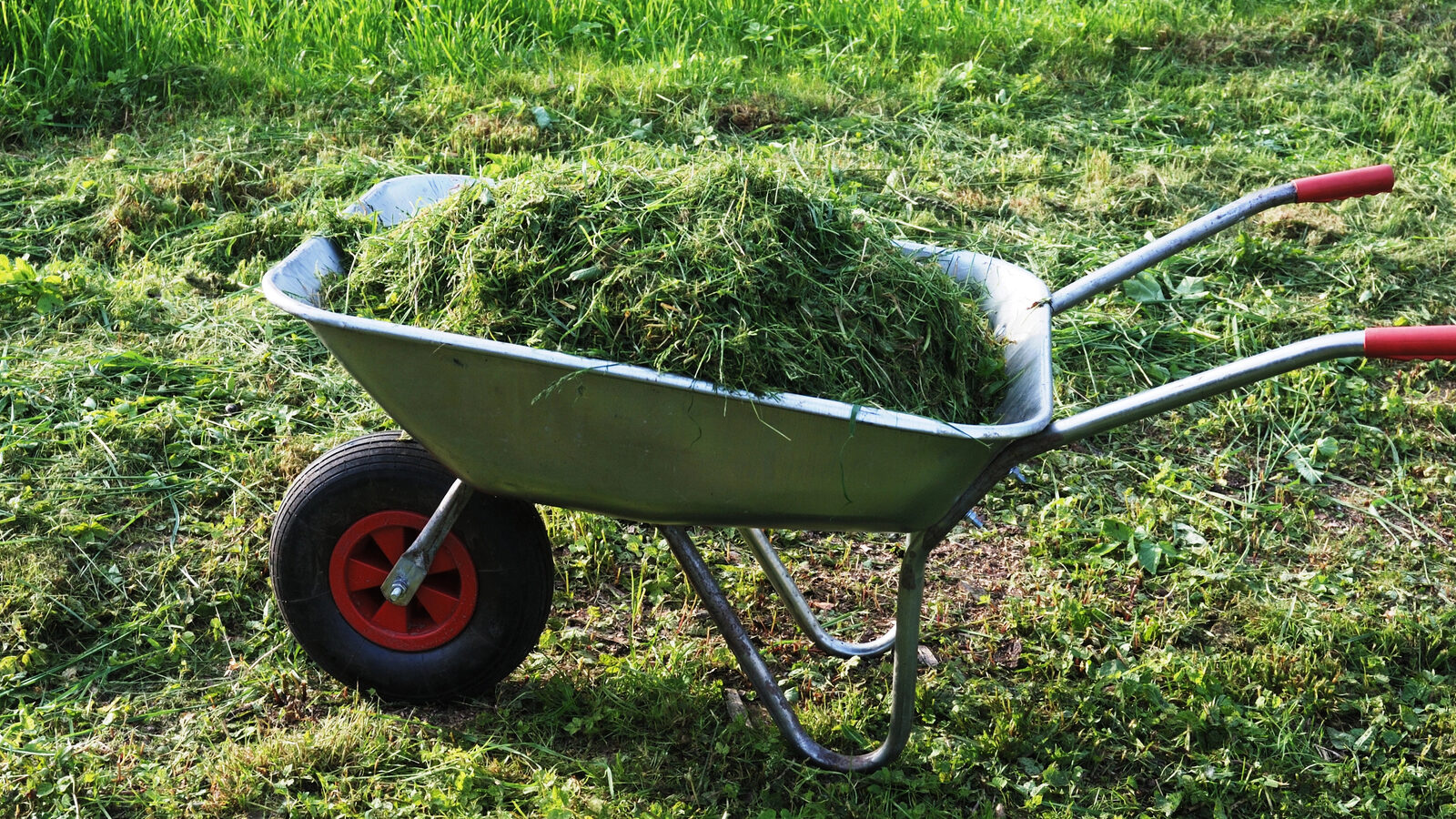
Grass clippings from your lawn are an excellent nitrogen source if not treated with chemicals. As a bonus, grass clippings can serve as mulch early in the season when spread over the surface of the garden between plants. The nitrogen will leech as the grass decomposes.
5. Composted Manure
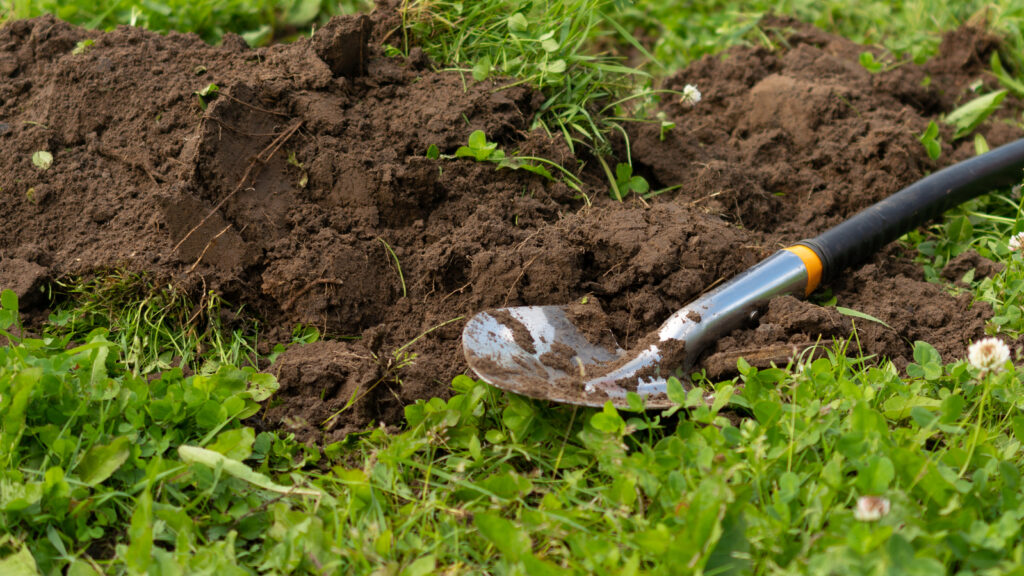
You can use composted manure if you’re a homesteader, farmer, or someone with animals on your property. This nutrient-rich material is derived from your animals. While various types of manure exist, chicken manure boasts the highest nitrogen content, followed by horse and cow manure. To ensure its effectiveness and safety for your garden, fresh manure should be composted or left to rot for at least six months to a year before application. If obtaining fresh manure isn’t feasible, you can conveniently purchase aged manure in bags from a garden center.
6. Old Coffee Grounds
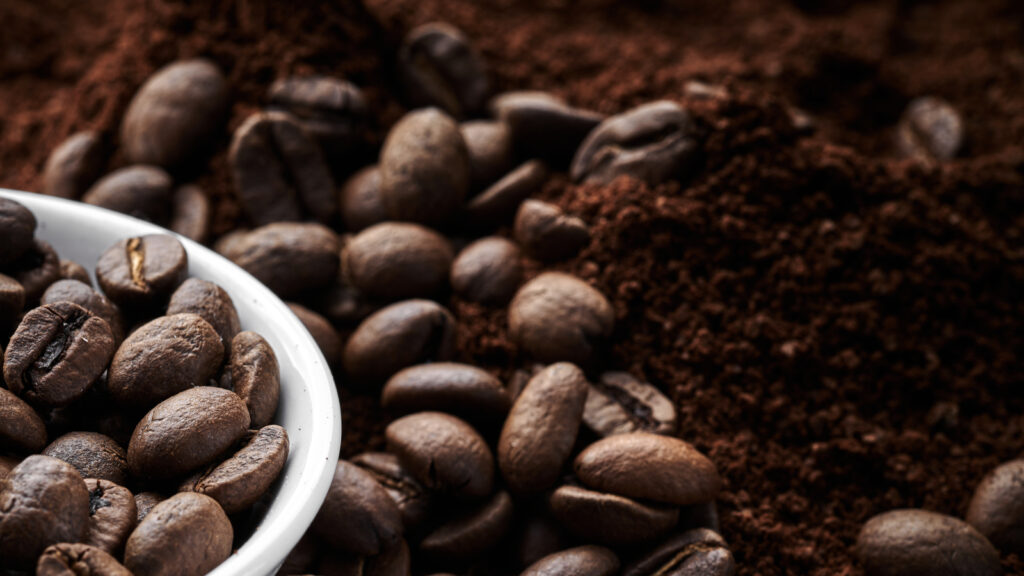
Mixing used Coffee Grounds into your soil is a great way to add nitrogen. Coffee Grounds decompose gradually and create space for aeration in the garden. This is especially great if you drink coffee regularly. This is a great way to repurpose used coffee grounds.
7. Animal Products
Adding fish emulsion can help with increasing nitrogen. This product is a nitrogen-rich natural fertilizer that also contains other beneficial nutrients. Fair warning: it may have a pretty potent, unpleasant smell.
How Much Nitrogen Does a Vegetable Garden Need?
The amount of nitrogen your garden needs will vary depending on the type of plants you are growing. Generally, plants harvested above the soil for their greens (not their fruits or roots) thrive with healthy amounts of nitrogen – think leafy greens like kale, chard, spinach, and lettuce. The areas of your garden where you will grow these vegetables should be especially nitrogen-rich.
In contrast, vegetables harvested for roots or fruits (carrots, potatoes, tomatoes, eggplant, etc.) may struggle if nitrogen levels are too high. However, most gardens will thrive with around 40 parts per million (ppm) of nitrogen.
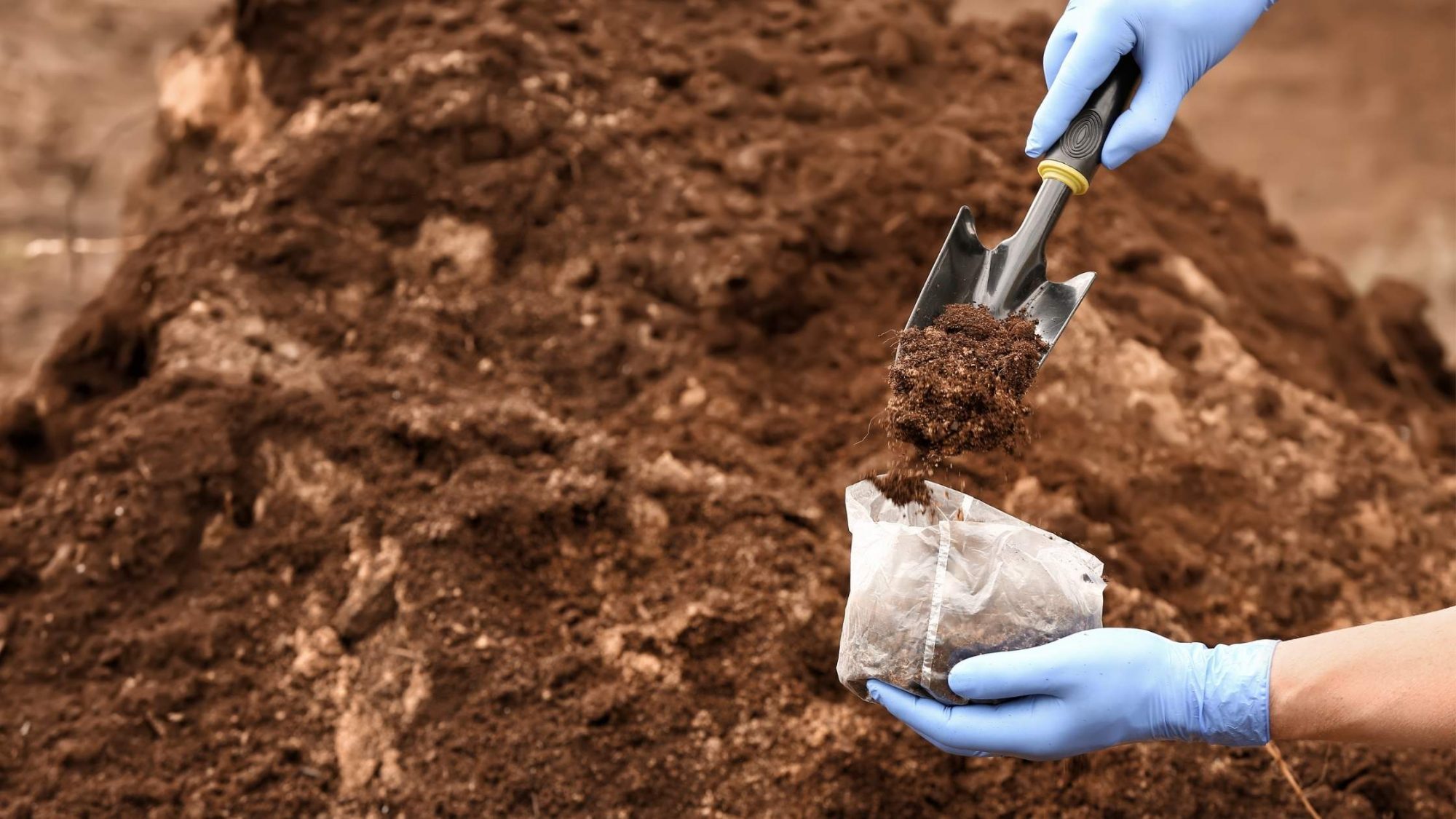
Soil Testing for Nitrogen
Testing your soil is the best way to tell if it has enough nitrogen. You can purchase a soil test kit from your local nursery, gardening store, or online.
These kits will usually come with instructions on taking a sample of your soil and sending it to a lab for testing. The test results will tell you your soil’s nitrogen levels and other nutrients.
If your soil test shows that there is not enough nitrogen in your garden, don’t worry! There are several ways to introduce more nitrogen into the soil.
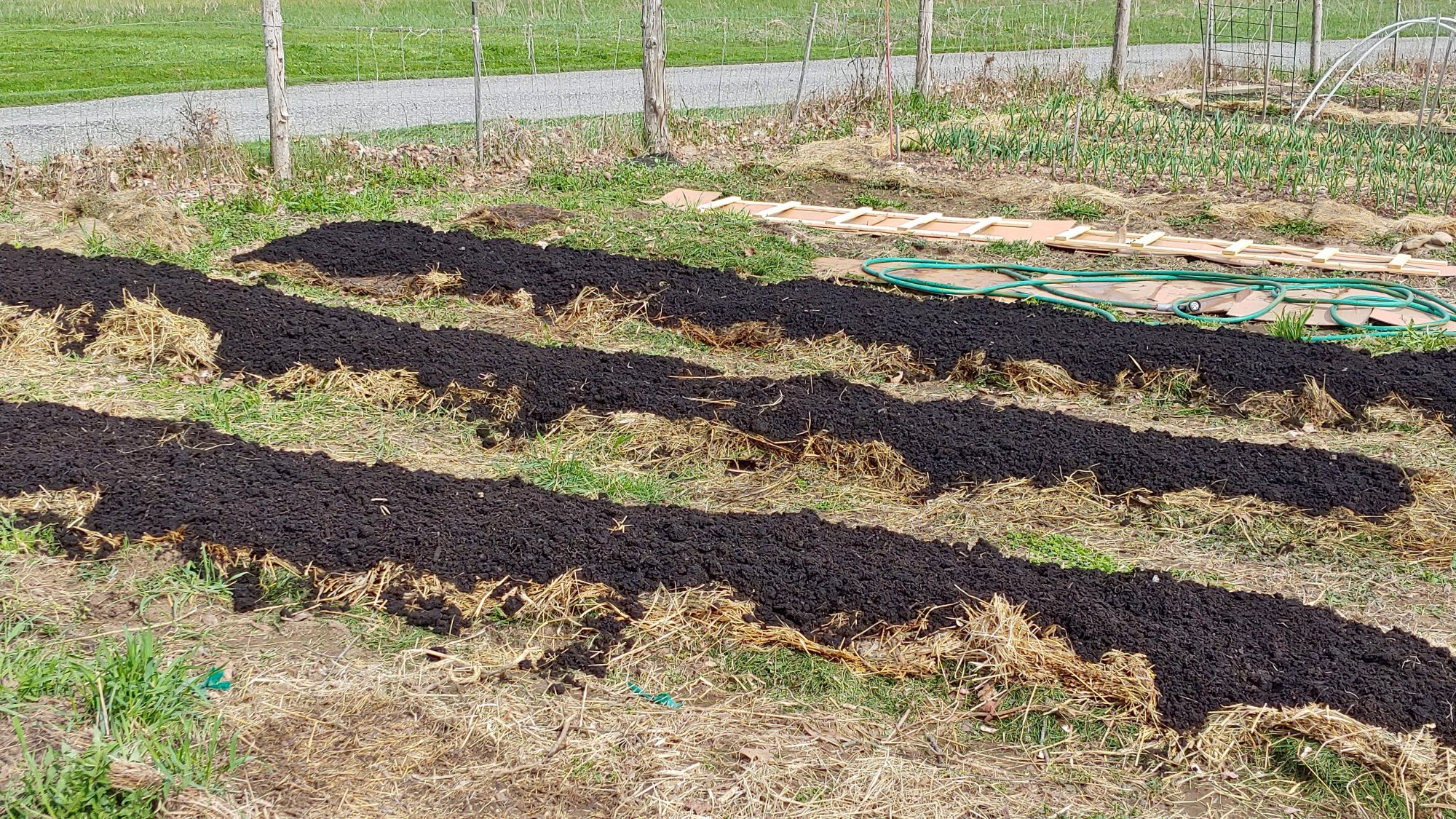
When should you NOT add Nitrogen to the Soil?
It is possible to add too much nitrogen to your soil. This can happen if you use too much fertilizer or allow animal manure to sit in one spot for too long without incorporating it into the soil. Nitrogen can also accumulate in the soil if you do not rotate your crops annually.
Too much nitrogen in the soil can cause problems such as:
- Vegetables with large leaves but little fruit or root development (do not use nitrogen-heavy fertilizer with your tomatoes, for example, especially later in the season when you want plants to focus on fruit growth)
- rank odor
- runoff into waterways
If you suspect your soil is high in nitrogen, stop adding amendments that contain nitrogen and plant vegetables that will absorb it instead (like leafy greens ).
This will help bring levels back down over time and is safer than trying to add chemicals to balance out the nitrogen. You can also have your soil tested again to see if the levels have changed.
Other related topics you might like
- How to Improve Clay Soil in Your Garden
- How to Re-Use Potting Soil Safely
- How to Use Eggshells in the Garden
- How to Water Your Garden Effectively
With a little effort, you can easily increase the nitrogen levels in your garden soil and create a lush, healthy environment for your plants to thrive! Using natural methods, you can avoid the potential risks of commercial fertilizers.
Happy Growing!
Carrie Williams Howe is an educational leader by day and an aspiring homesteader by night and weekend. She lives on a small homestead in Vermont with her husband, two children, and a rambunctious border collie. She blogs about her family's homestead life at The Happy Hive.

